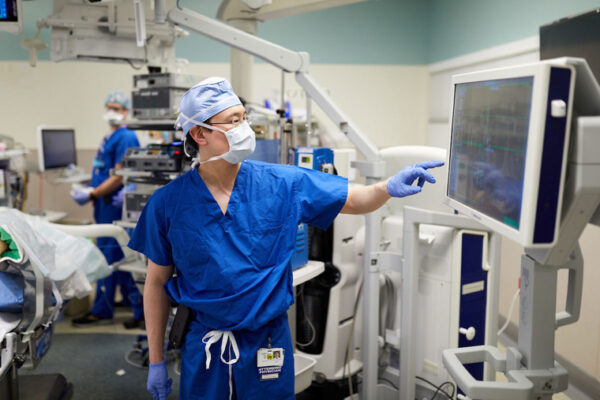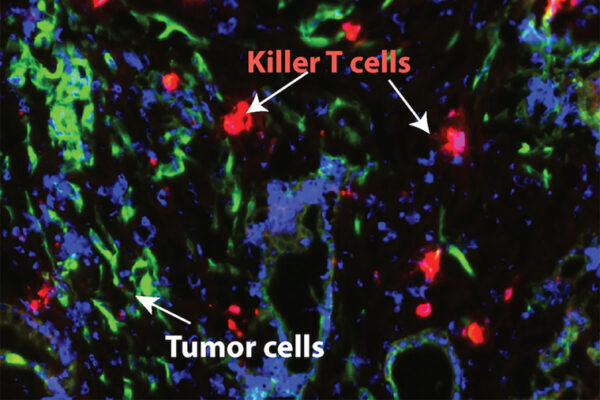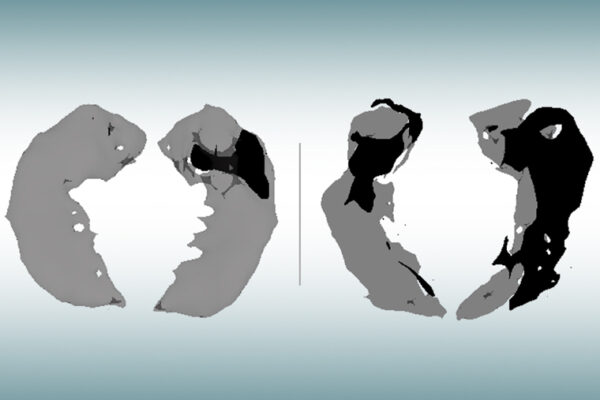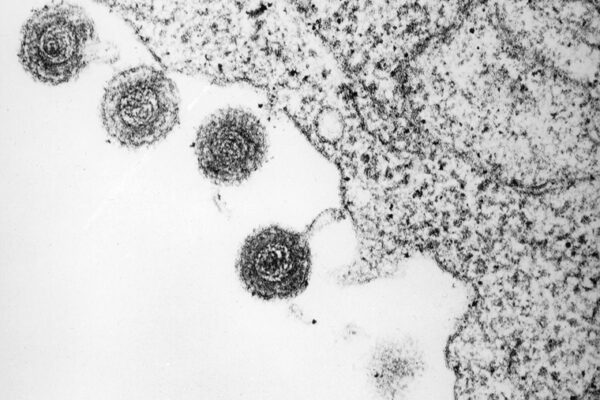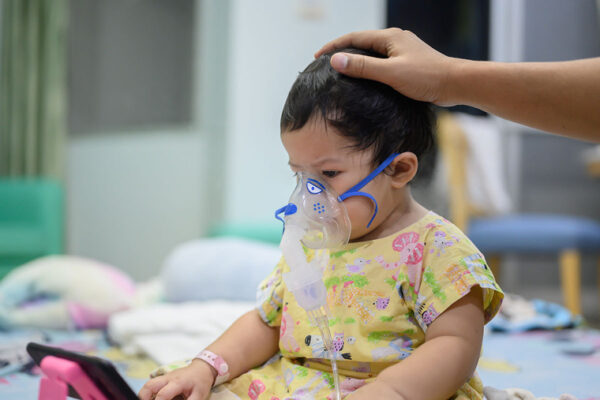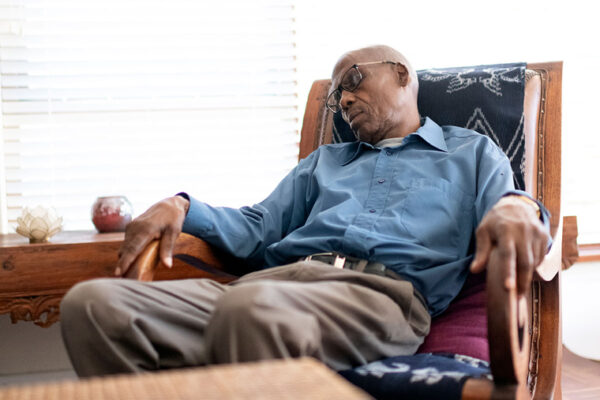For accuracy, brain studies of complex behavior require thousands of people
Scientists rely on brainwide association studies to measure brain structure and function — using brain scans — and link them to mental illness and other complex behaviors. But a study by researchers at Washington University School of Medicine in St. Louis and the University of Minnesota shows that most published brainwide association studies are performed with too few participants to yield reliable findings.
In U.S., alcohol use disorder linked to 232 million missed workdays annually
Researchers at Washington University School of Medicine have found that people with severe alcohol use disorder miss more than double the number of workdays missed by individuals without alcohol use disorder.
Patients want AI, doctors to work together
Interdisciplinary Washington University research finds patients may be OK with artificial intelligence playing a role in medical diagnostics.
Kim named inaugural Danforth WashU Physician-Scientist Scholar
Albert H. Kim, MD, PhD, a professor of neurosurgery, has been named the inaugural William H. Danforth Washington University Physician Scholar. The School of Medicine’s new Physician-Scientist Investigators Initiative aims to attract the most talented physician-scientists.
Novel treatment makes pancreatic cancer susceptible to immunotherapy, mouse study shows
New research from Washington University School of Medicine shows that blocking a major inflammatory pathway in pancreatic cancer makes the tumors sensitive to chemotherapy and a type of immunotherapy that helps the immune system’s T cells to attack cancer cells.
Damage early in Alzheimer’s disease ID’d via novel MRI approach
New research from Washington University School of Medicine shows that this novel MRI approach can identify brain cell damage in people at early stages of Alzheimer’s, before tissue shrinkage is visible on traditional MRI scans.
Risk of schizophrenia assessed with new screening tool
Researchers at Washington University School of Medicine and colleagues in Kenya have shown that a screening tool developed at the university can help predict in about 5 minutes whether young people are at high risk and may go on to develop schizophrenia.
New way viruses trigger autoimmunity discovered
Studying mice, Washington University School of Medicine researchers have discovered that roseolovirus can trigger autoimmunity in a previously unknown way: by disrupting the process by which immune cells learn to avoid targeting their own body’s cells and tissues.
Antibiotic doesn’t prevent future wheezing in babies hospitalized with RSV
Antibiotics provide no benefit in preventing future recurrent wheezing in babies hospitalized with respiratory syncytial virus (RSV), according to a new study led by Washington University School of Medicine researchers.
Does improving sleep reduce signs of early Alzheimer’s disease?
School of Medicine researchers are launching a phase 2 clinical trial to study whether using medication to treat sleep problems in older adults can reduce signs of early Alzheimer’s disease.
Older Stories



